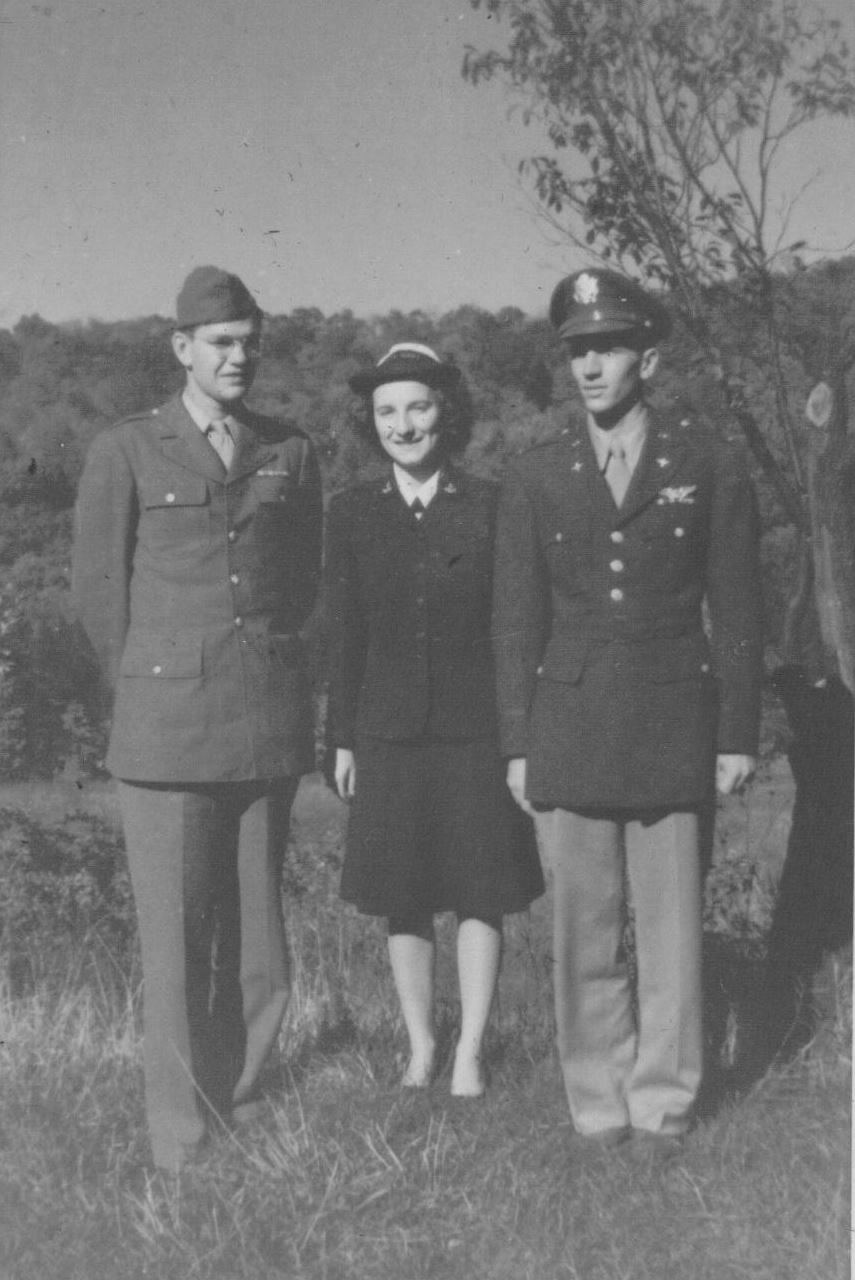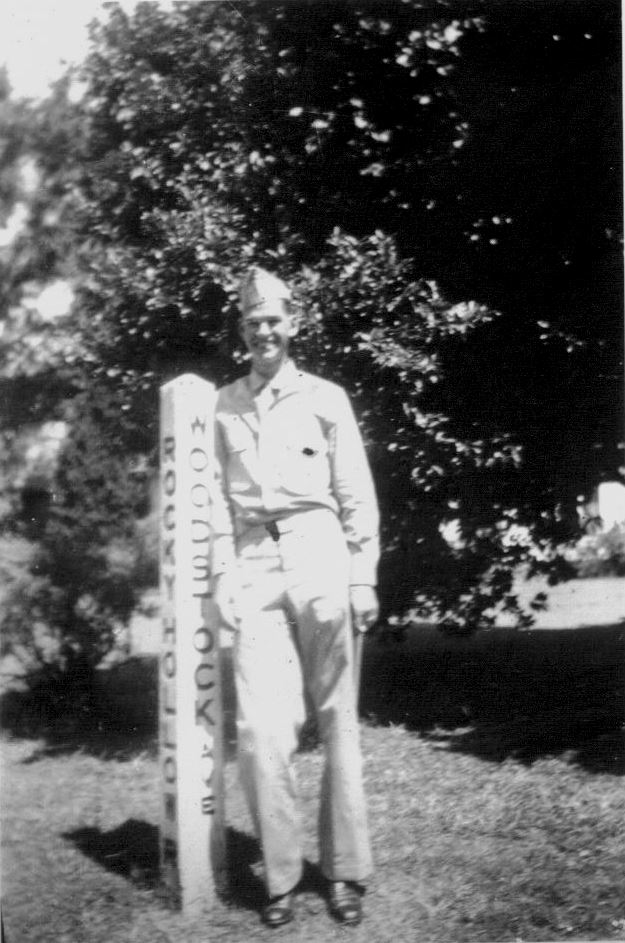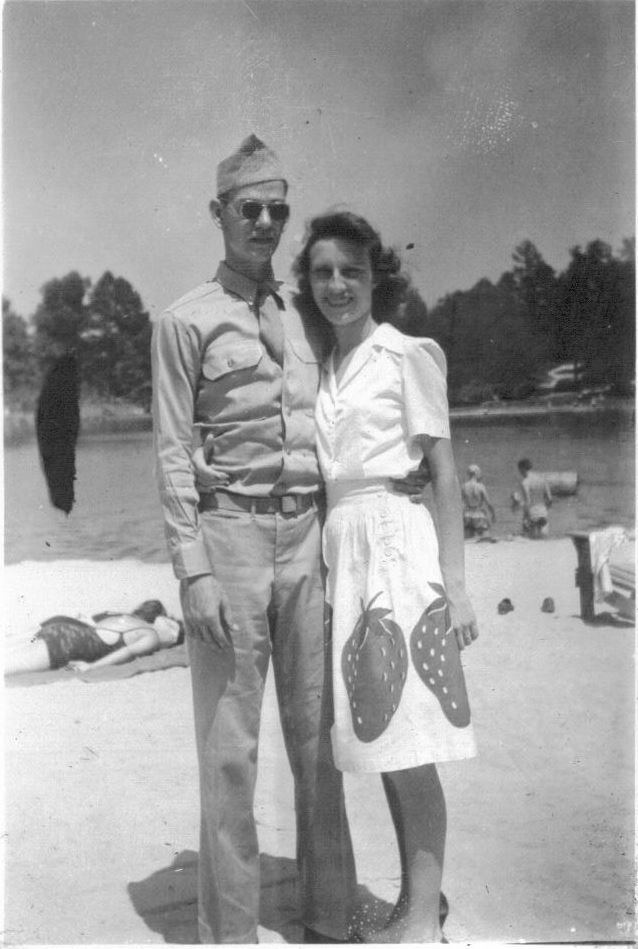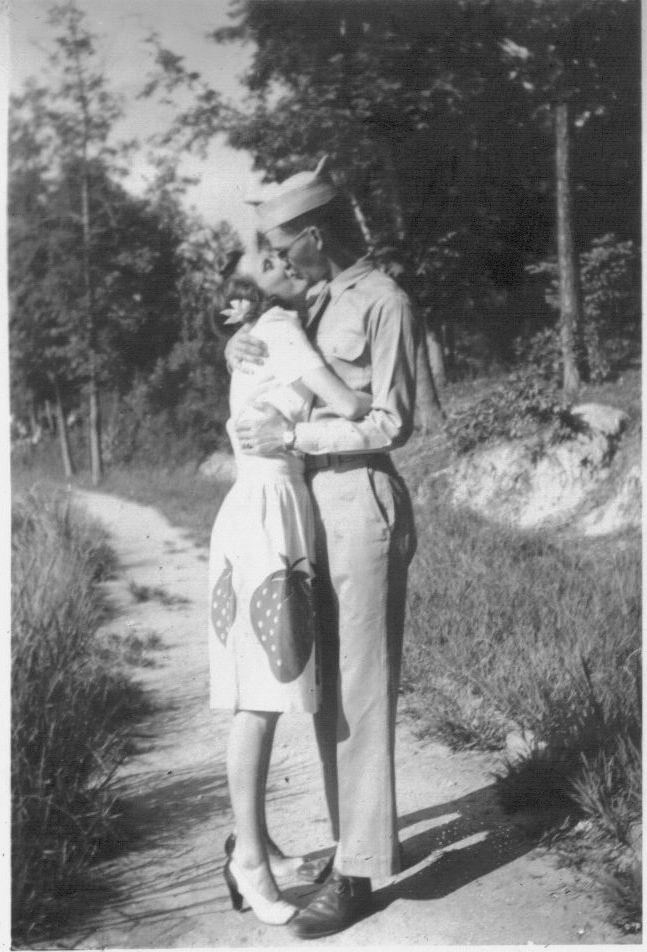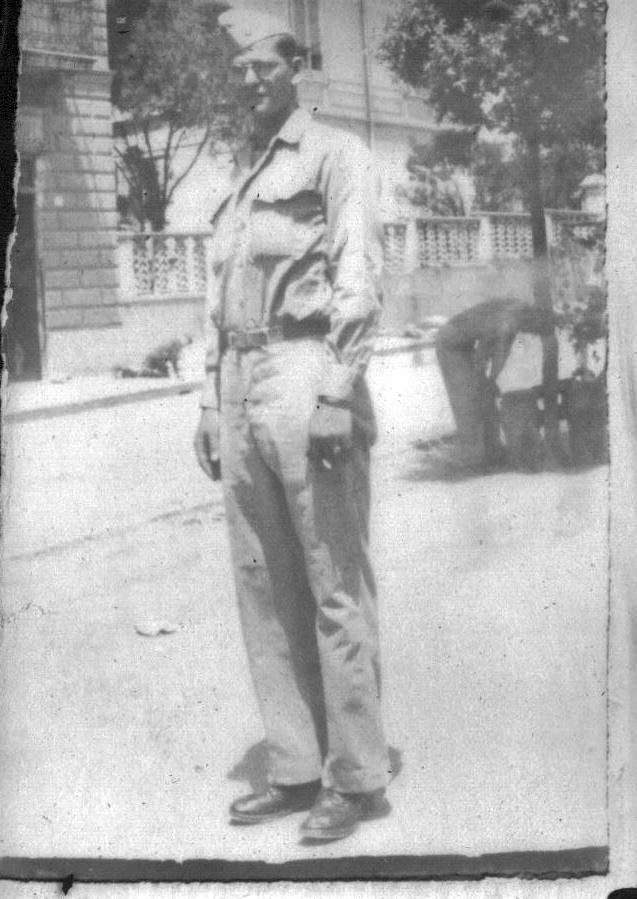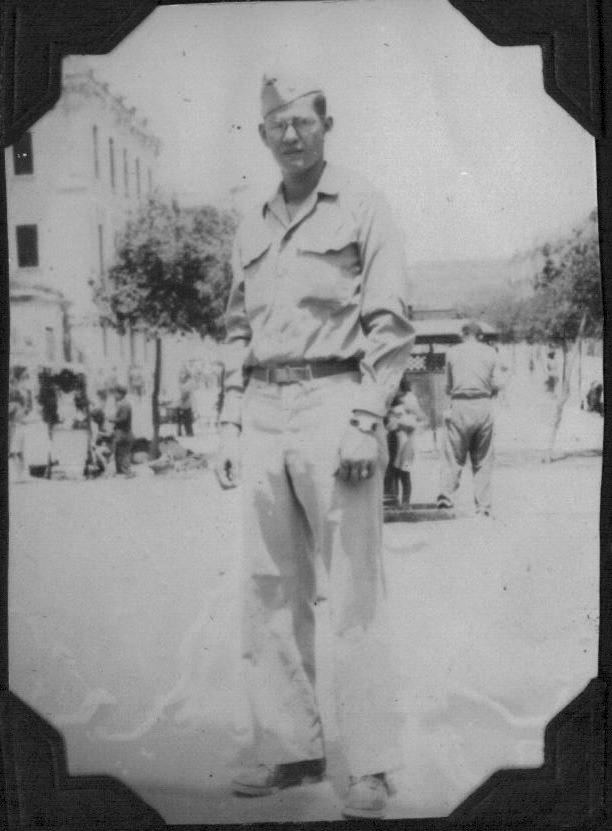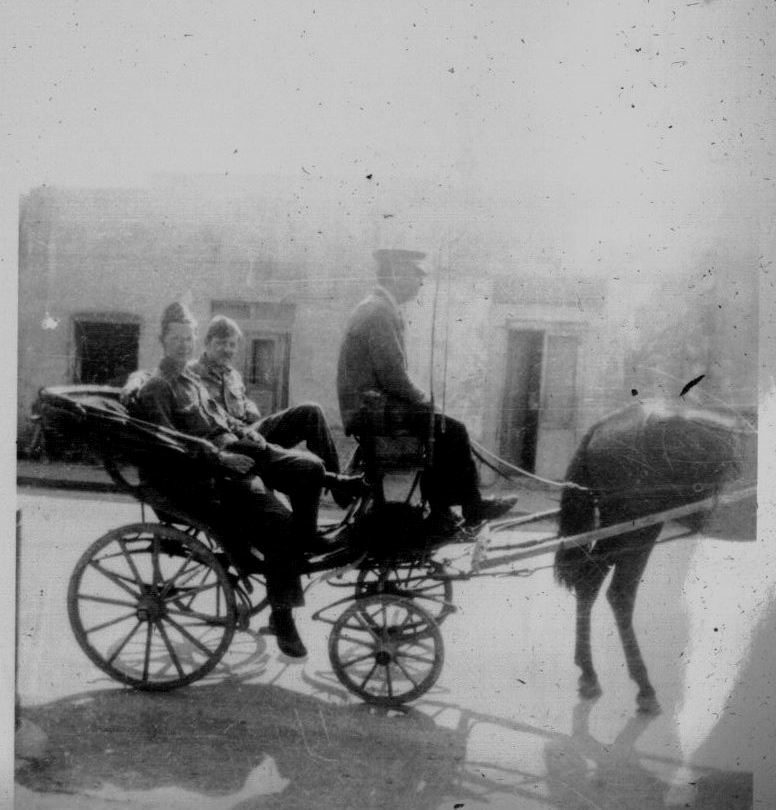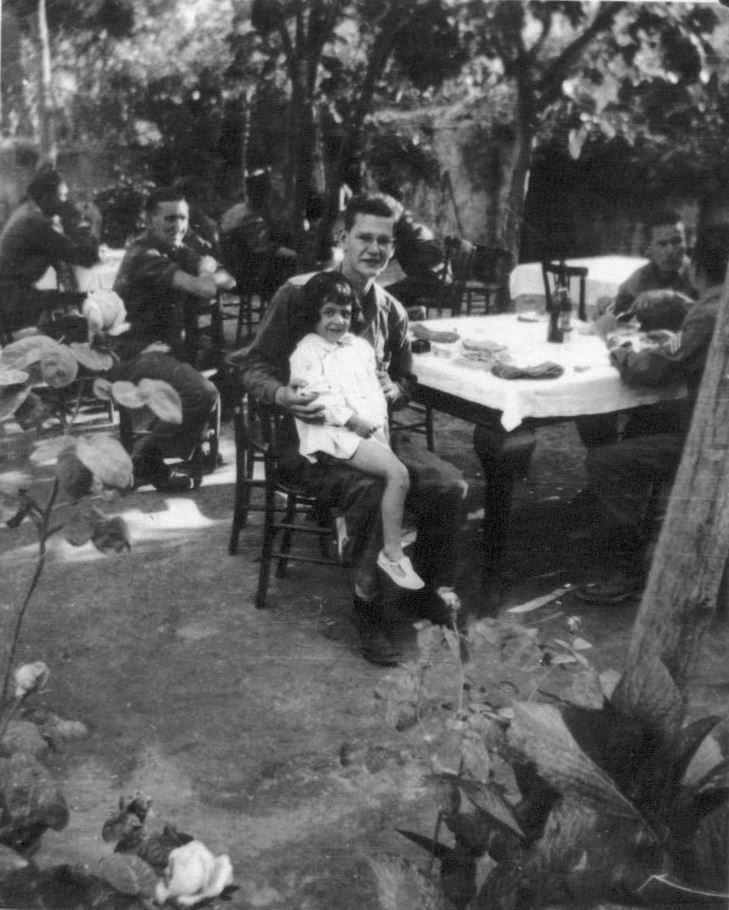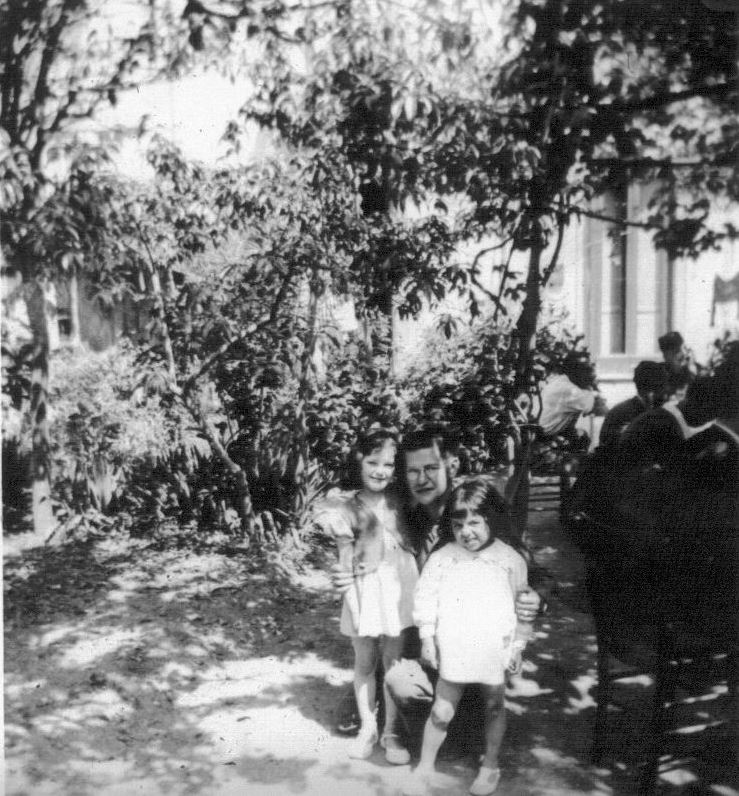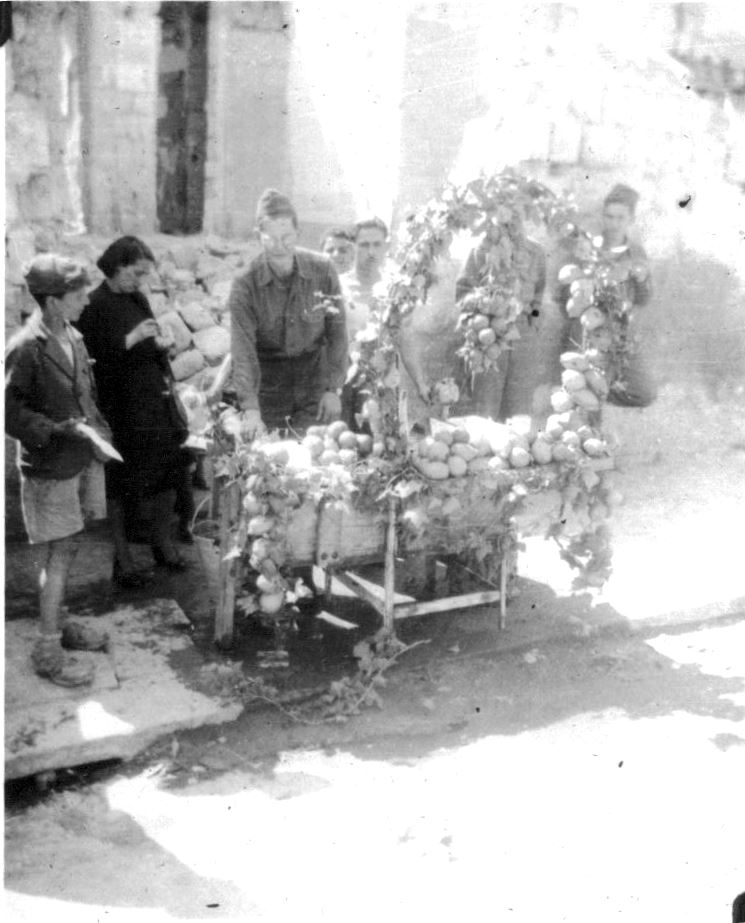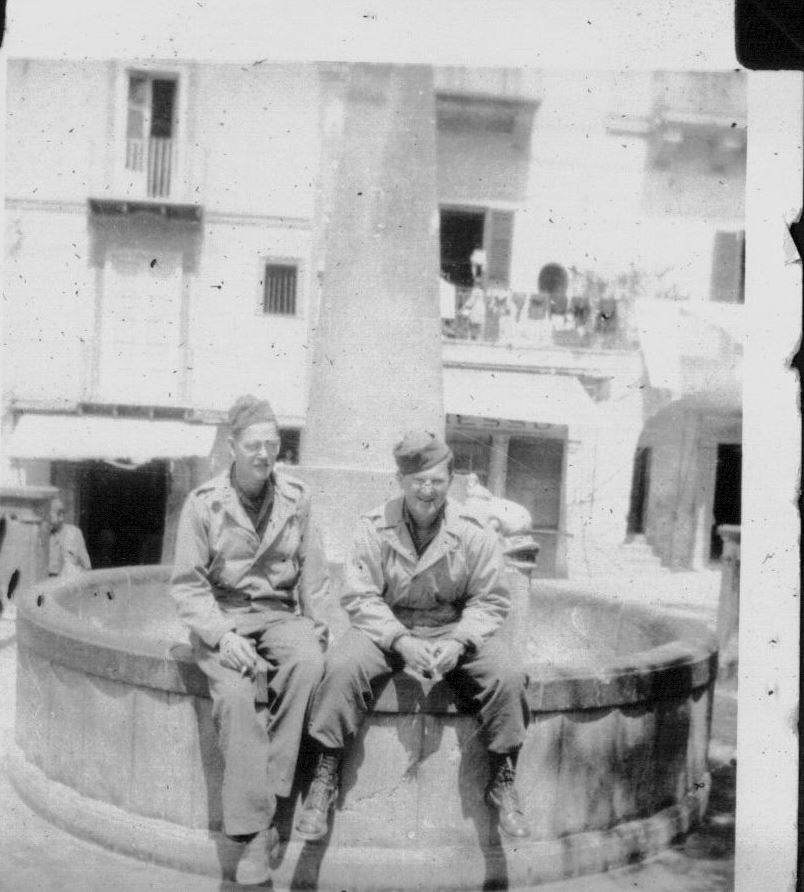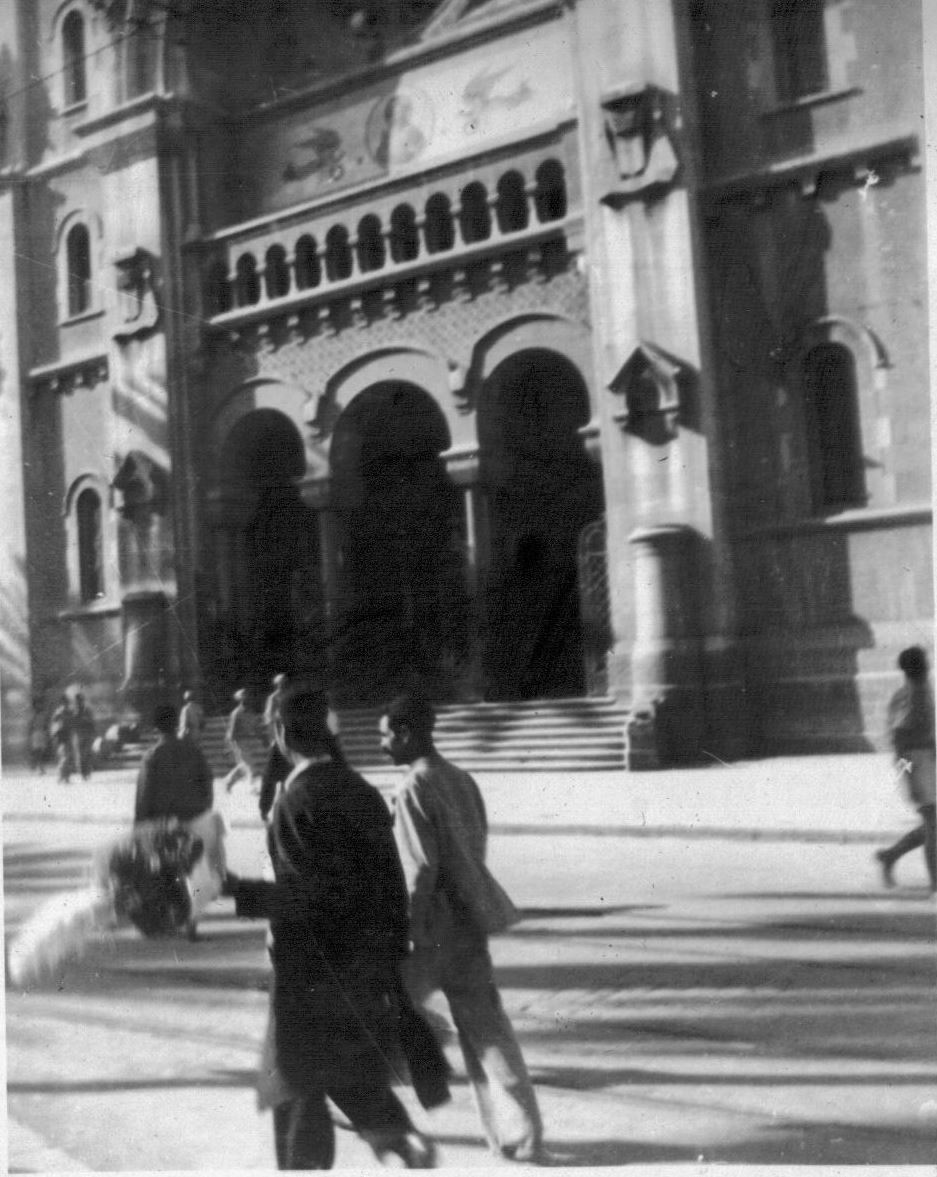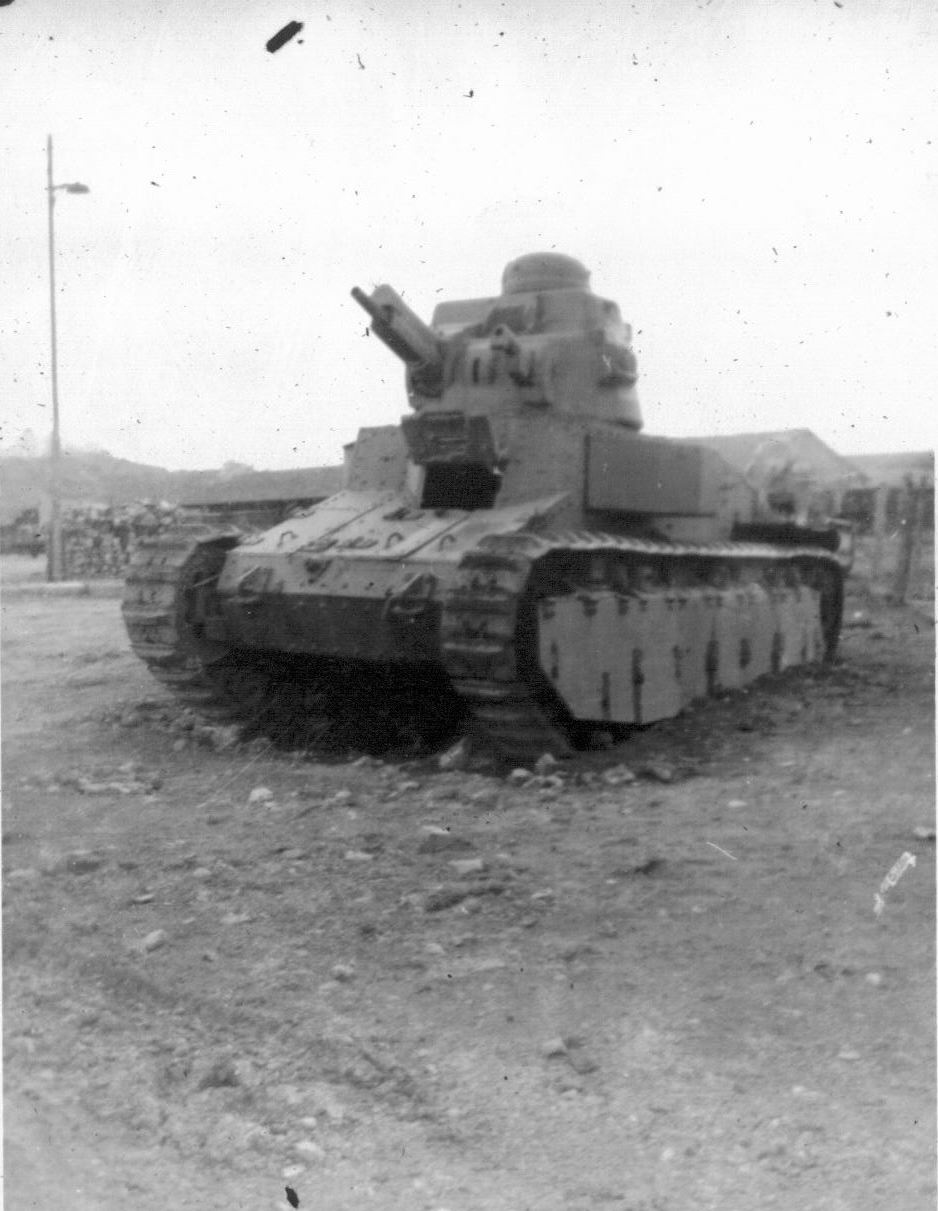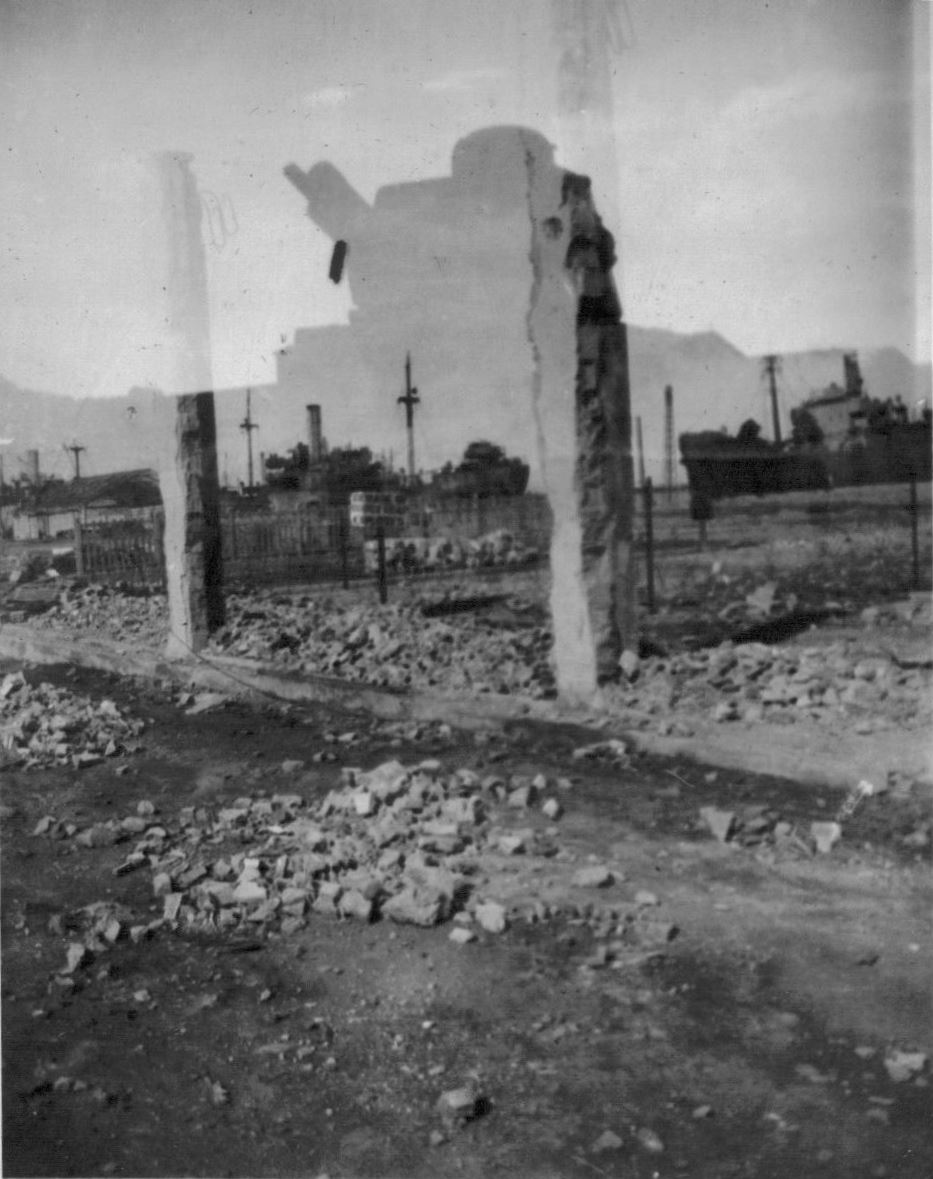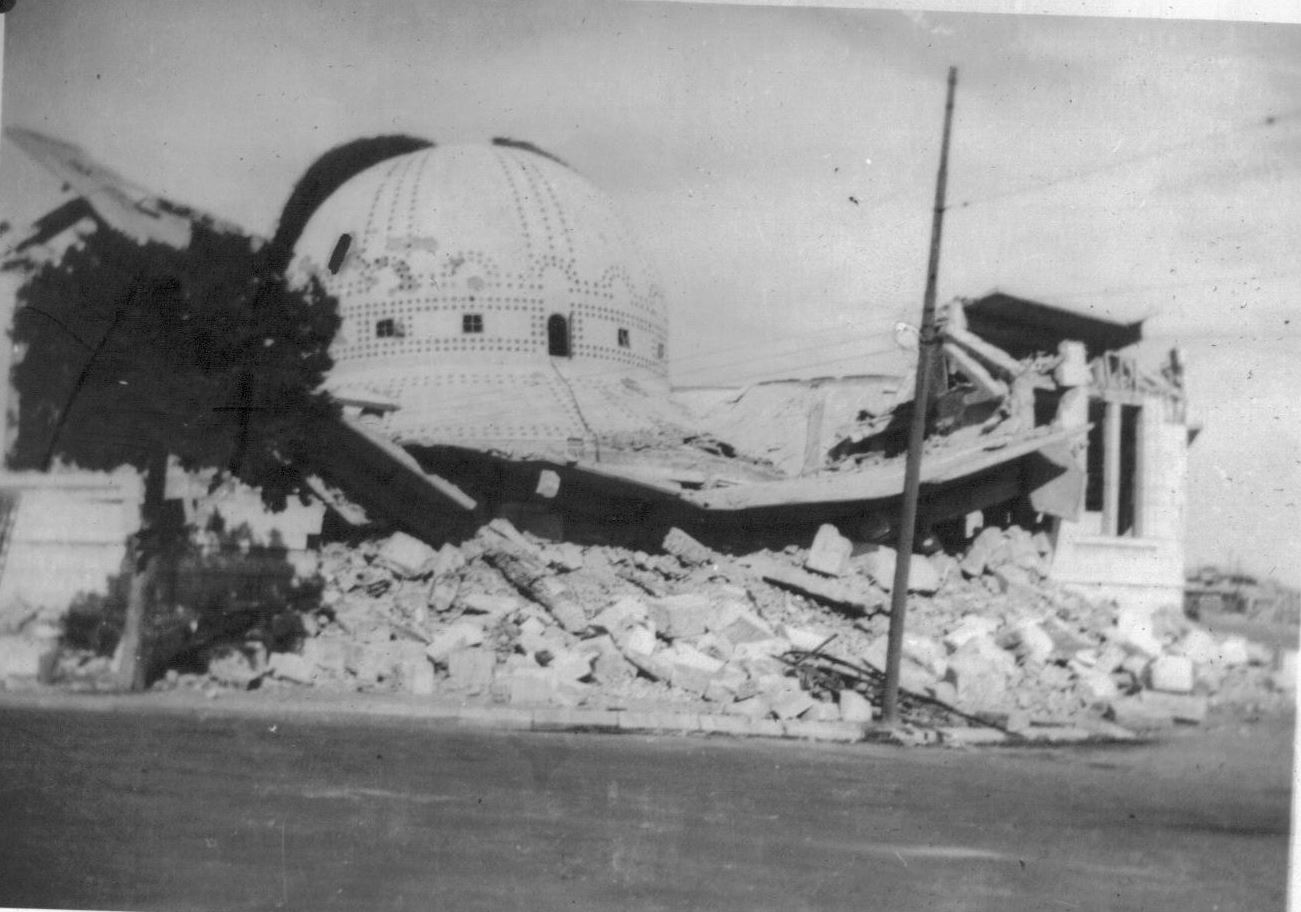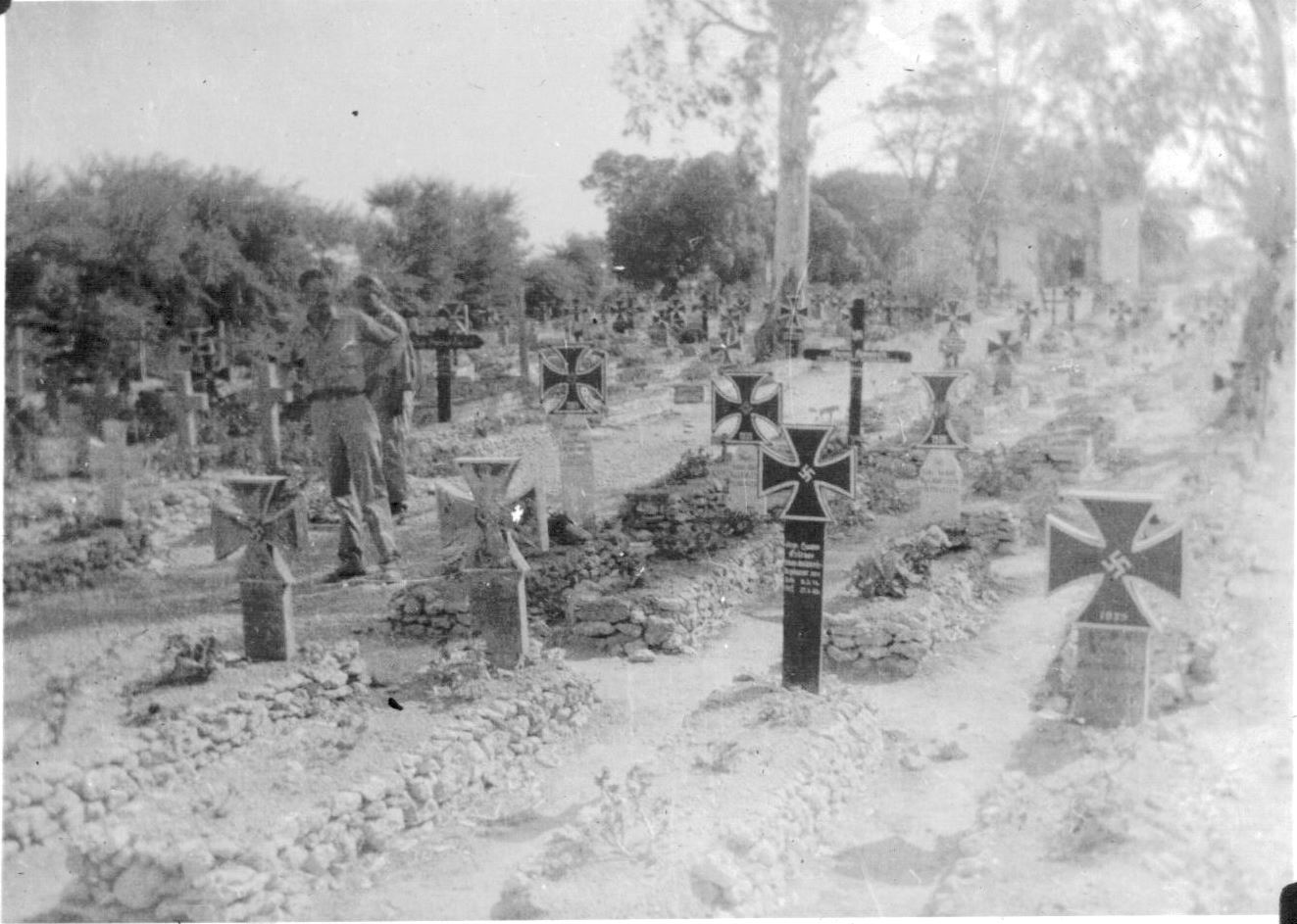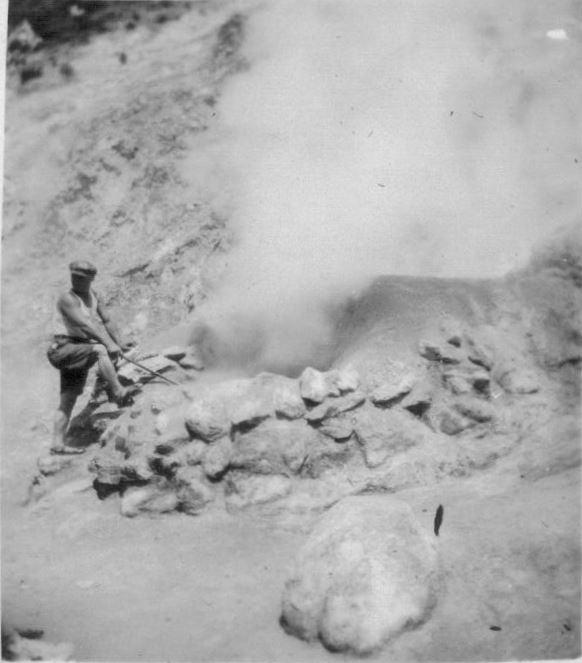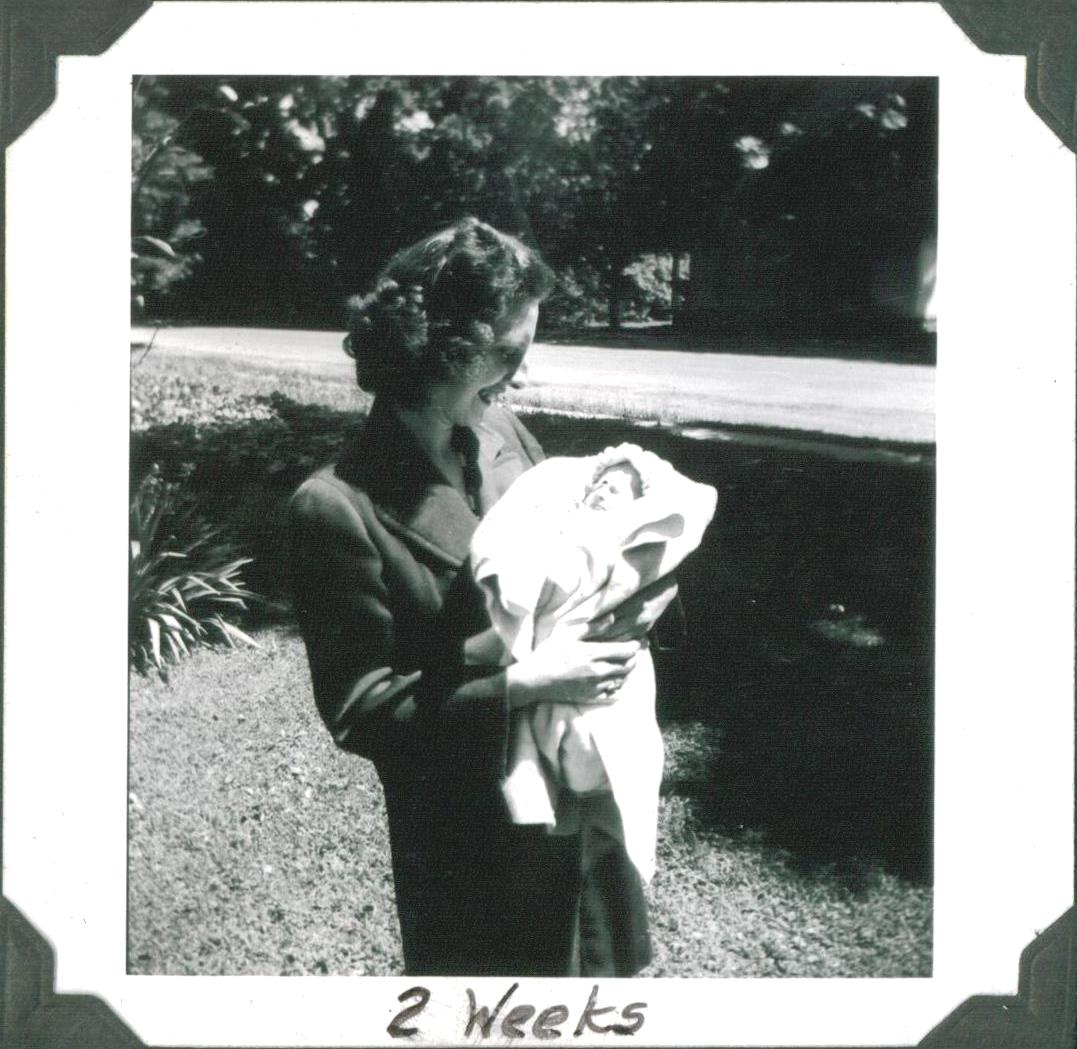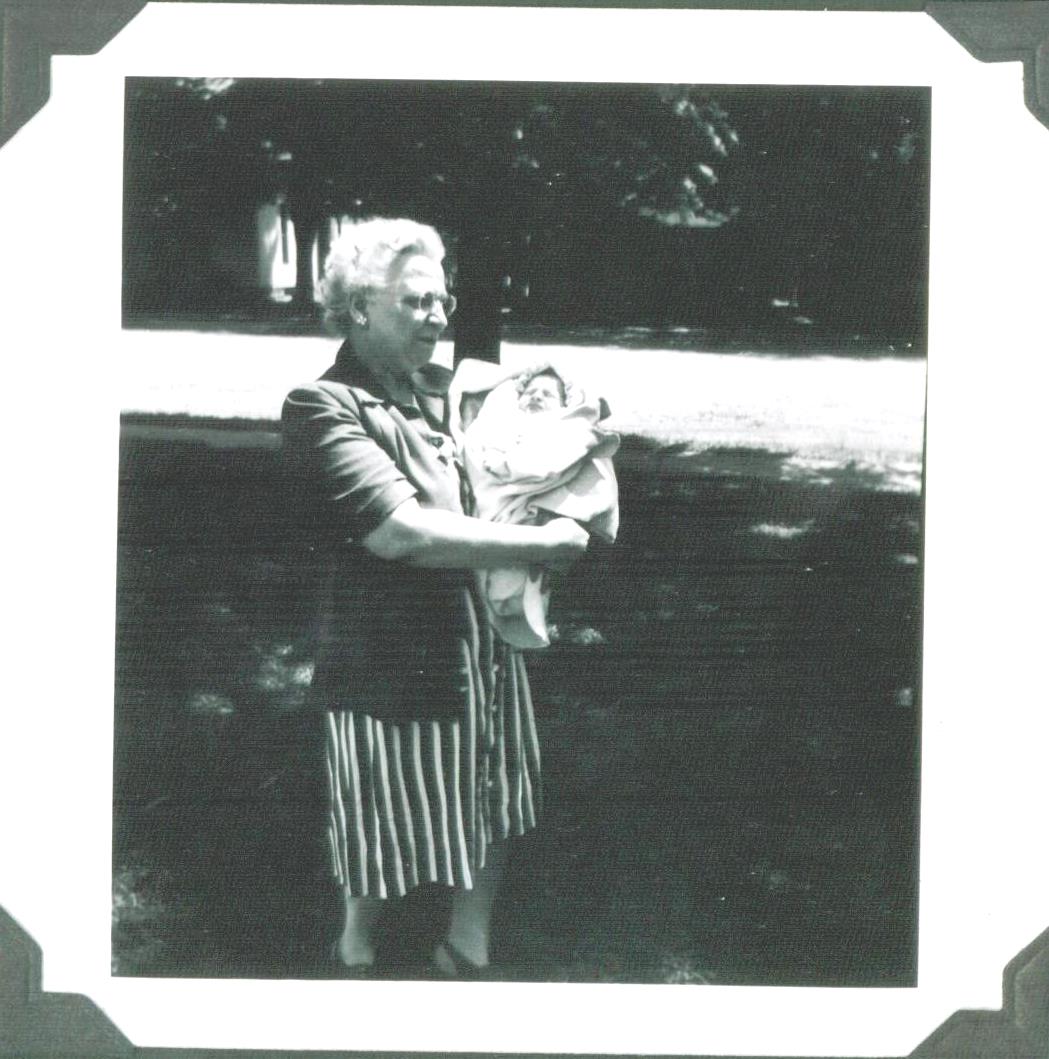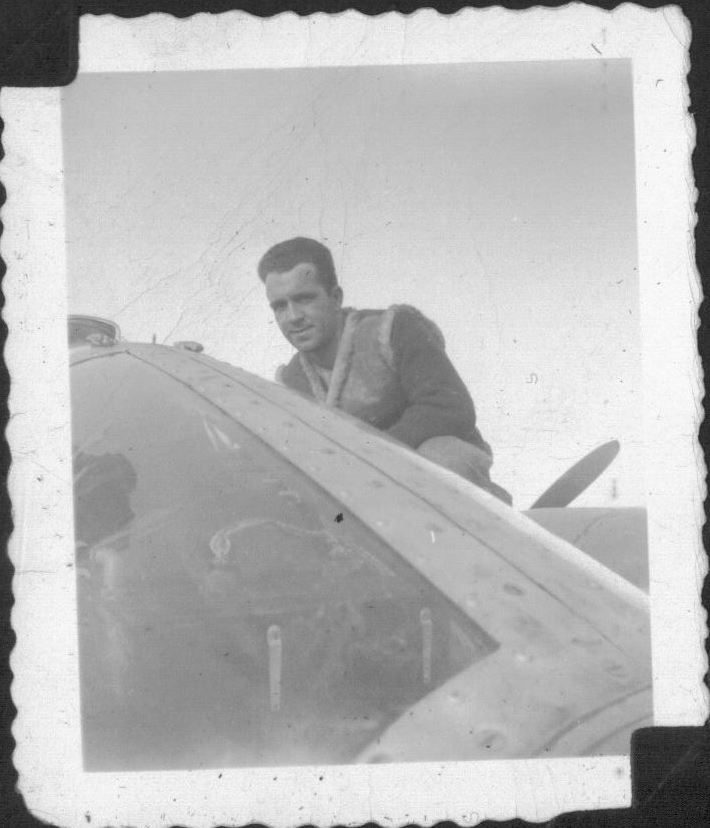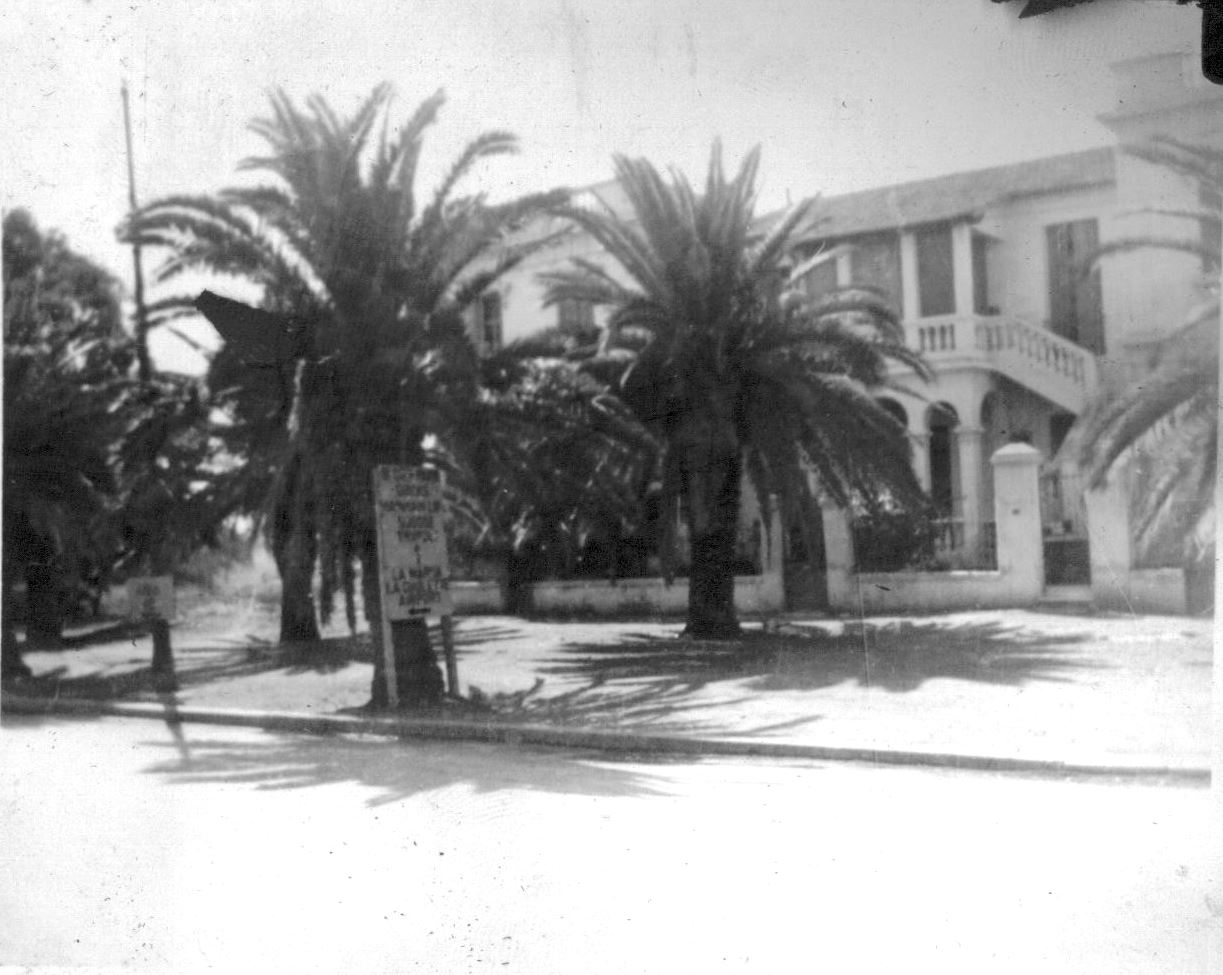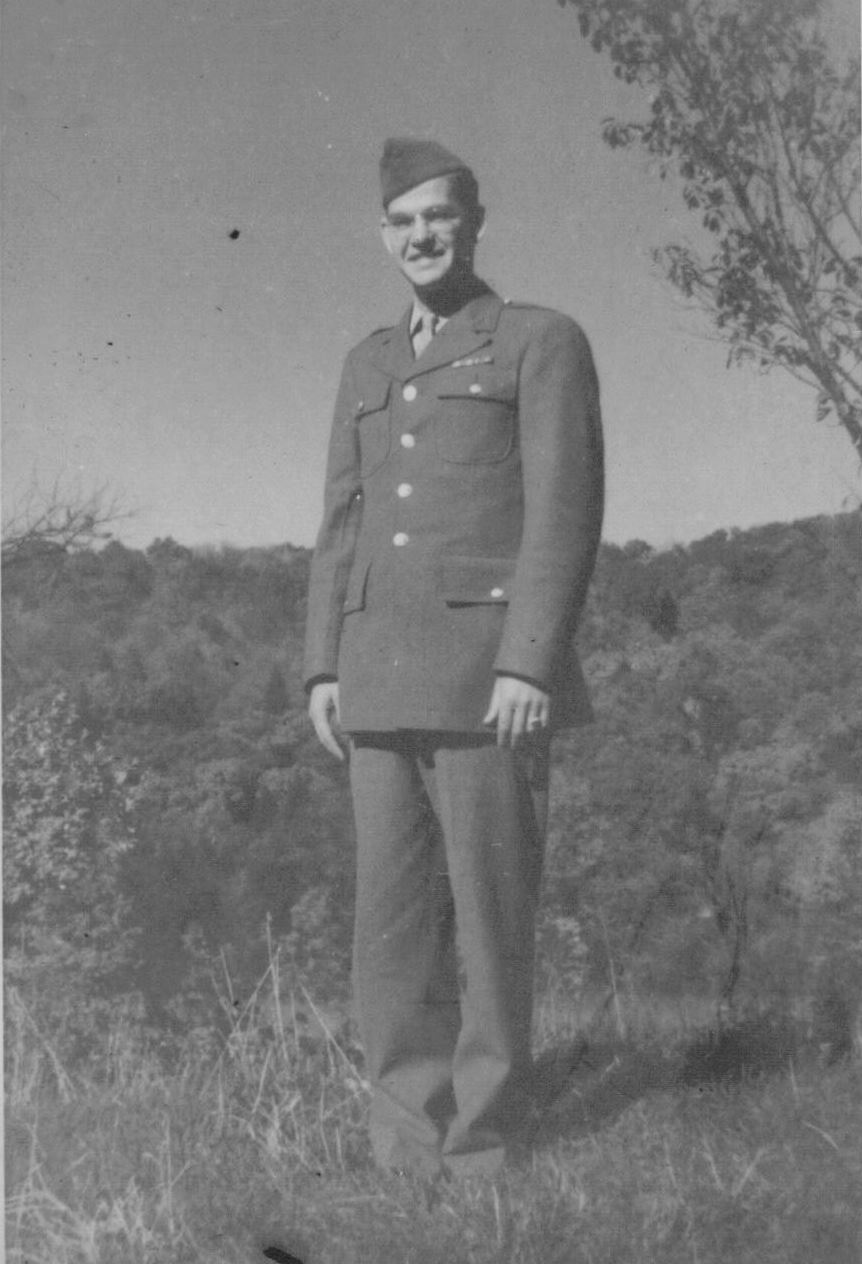
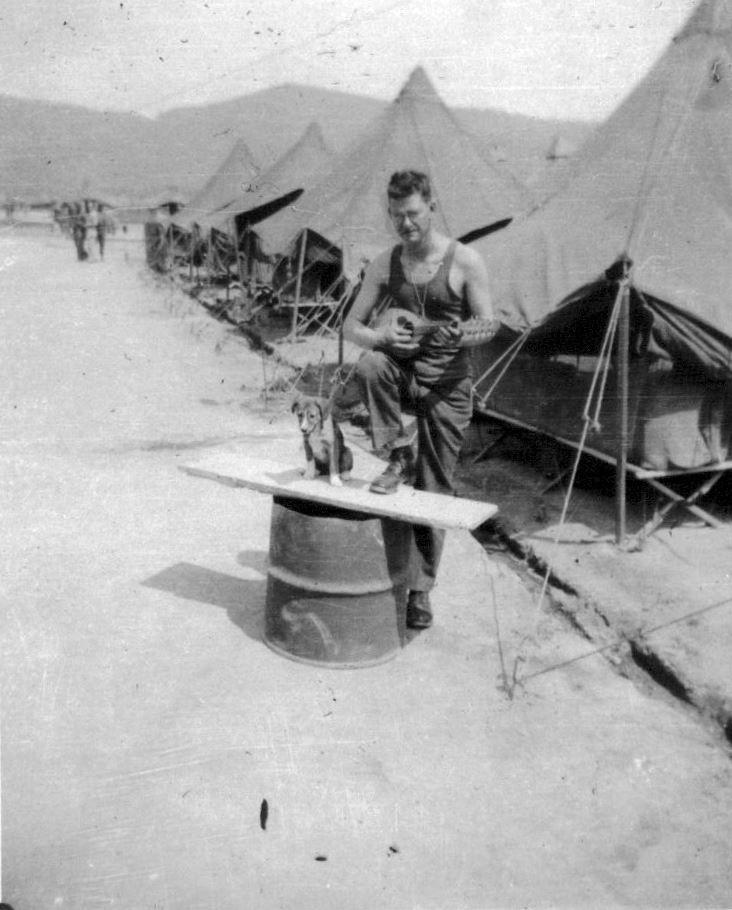
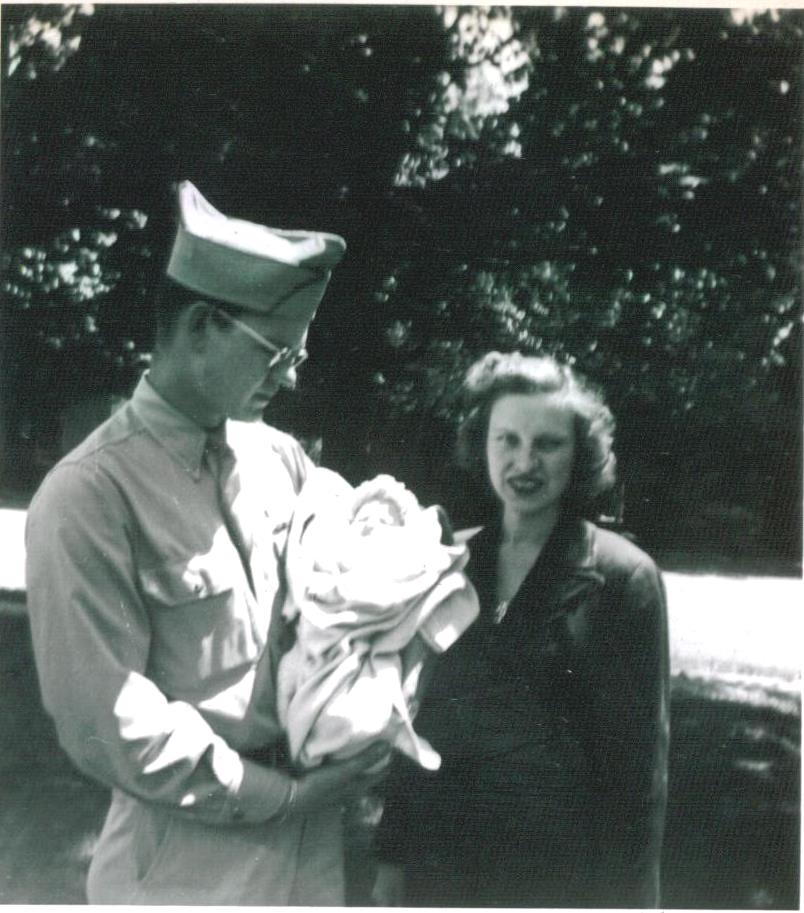
My father was born John
Maurer Wilson on November 20, 1918, taking his middle name from my
grandmother’s maiden name. He informally changed his name to his
nickname, Jack, and never used John – even on official documents.
His father, RaymondWilson,
died very young. Olive
Maurer Wilson remarried to Mr. Cappe
who
died while my father was still in school.
They lived on Scott Avenue in Glenshaw and my father attended
Dehaven Elementary School and then Shaler High School, just as I did
three decades later. After his
step father died, his mother Ollie and two widowed aunts, Nora Ballard
and Myrtle Schopper raised him and his younger brother Ray jointly.
For many years Dad was the “man of the family” and the three
sisters treated him just that way.
They doted on him.
When they were in their 80’s they still served Dad
as if he was the patriarch (I guess he was!) of the family.
Dad never had to fill his own coffee cup or wash a dish.
There was always one of the three of them ready willing and able
to do so. I was
particularly annoyed when my father would lift his empty cup and look at
the bottom. Eighty
some year old Aunt Myrt would struggle to her feet, grab her walker,
make her way to kitchen, get the coffee pot and return to fill his cup.
One day I was infuriated and mentioned this to my mother.
She cautioned me not to say a word.
This was Aunt Myrt’s life.
If I took that away from her she might feel that there was no
reason to go on. As crazy
as it sounded, I knew that mom was right.
My dad and my mother married in 1942 and then he
entered Army. He fought in
North Africa for General Mark Clark as a Technical Sergeant in charge of
the motor pool. The African
campaign was his introduction to war, but his role went relatively
smoothly in this campaign.
However, this was not the time that he could leave.
Eventually they fought their way off beach and got onto a farm on
dry land. He and his
buddies decided to “liberate” a pig that they found abandoned on the
farm and cooked and ate it. It was their first real food in a long time.
Their reward for their efforts was that they all got food
poisoning.
He also loved to tell the story of one of his
friends who tried to get a date with an Italian girl and finally got her
to agree to go to a movie with him. To his dismay, her father joined
them on the date! My father
ribbed him mercilessly.
Eventually my father was sent stateside to Camp
Atterbury in Indiana for
treatment. I was born in
the Camp Atterbury hospital 9 months later.
My mother had gone there to join him at the hospital and
apparently he was in better shape than many thought!
My mother tells the
story of my birth in Camp Atterbury Hospital.
In June of 1945, the war was winding down and doctors were
returning from the European theater.
They had spent the war treating the wounded and had little
experience in delivering babies.
According to my mother, one of the doctors opened the army manual
on “How to Deliver a Baby” and read to the second doctor who delivered
me according to the instructions.
My mother then was given the army manual on how to raise a baby.
I often claim that I was raised according to “Colonel Spock”
rather than “Doctor Spock!”
I feel that this story allows me lay claim to being
the first baby of the baby boom.
If one defines the baby boom as being the children of returning
soldiers, then I was surely one of the earliest.
Although my father was still a sergeant, he had far
more experience than most of the personnel at the hospital.
As the war was now winding down, they had to convert the camp
into a center for reprocessing.
The base commander was very impressed with my father and made him
his chief of staff –giving him major responsibility for running the base
and making it into a major center for mustering out soldiers as they
returned at the end of WWII.
